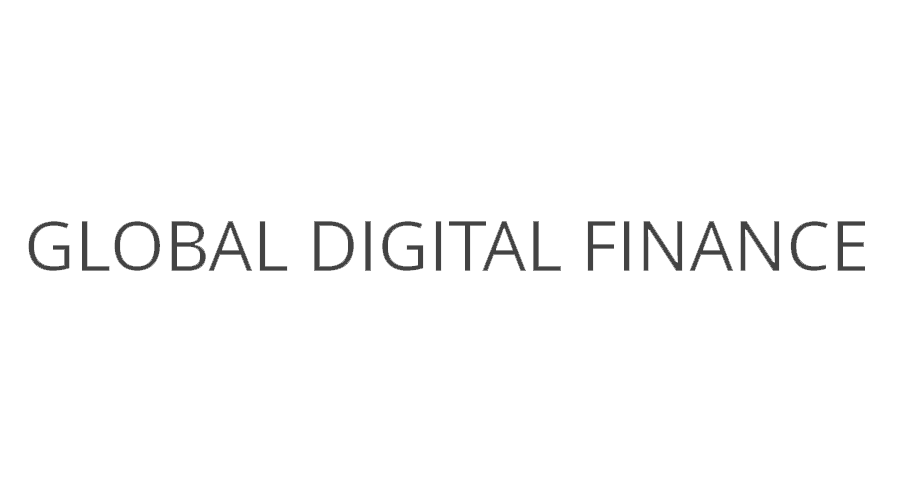Today, a new industry body – Global Digital Finance (GDF) – has been launched to drive a code of conduct for crypto and assets. A not-for-profit industry body, GDF has convened key stakeholders to develop a global code of conduct and a taxonomy for crypto assets, comprised of leading industry players in the global distributed ledger and crypto asset space.
Crypto assets are global in nature and require a shared understanding of opportunities, risks, and practices to be transformative for financial services, society, and the global economy.
With an estimated market size of $500B USD, the visibility of crypto assets and the potential of continuing innovation appear to offer many new and different opportunities for consumers, businesses, and governments. Many professionals in financial markets see “tokens” and distributed ledger technology bringing significant potential value to create efficient, fair and transparent market structures in the coming decade.
However, without the timely development of standards and coordination, there is recognition by both industry and regulators that misuse and misrepresentation of this transformative technology may increase. The finance ministers and central bank governors of France and Germany called for the policy and monetary implications of cryptocurrencies to be placed on the agenda of the upcoming G20 meeting of the largest advanced and developing economies.
GDF has been launched to convene both the crypto assets industry and financial services professionals to build a path to the efficient fair transparent markets for every type of token (DLT or crypto asset). Working with industry leaders, GDF is developing a global Code of Conduct for crypto assets and “tokens”. The Code of Conduct is envisioned to apply to a broad range of crypto assets, including Bitcoin (BTC) or Ether (ETH), and various types of “tokens” (e.g. Payment token, Asset Tokens and Utility Tokens as described by the recent guidance from the Swiss regulator FINMA).
Simon Taylor, a distributed ledger and cryptocurrency specialist who leads the GDF initiative, says key industry players in the space are keen to demonstrate their collective position on improving standards through a professional code of conduct for the industry and to develop this in collaboration with global regulators.
“There have been a number of positive initiatives to bring standards to the cryptocurrency sector around token sales (also known as ICOs) and tokens, and GDF has brought together some of the biggest industry players and influencers to move this agenda forward with global policymakers and regulators”, says Taylor.
GDF is already working with regulators and industry bodies in the US and Europe in building a global framework for tokens and crypto assets. GDF is committed to further policymaker, regulator and industry outreach, as well as a transparent, inclusive and global consultative process. GDF is engaging with the OECD’s work promoting a coordinated policy approach from governments.
Greg Medcraft, Director of the Directorate for Financial and Enterprise Affairs at OECD, says “Crypto asset applications like ICOs hold clear potential and are global in reach, but are subject to a wide range of regulatory treatments across jurisdictions. This demonstrates the need for international policy coordination, and the first step is to establish a common understanding. We welcome GDF’s initiative to develop a taxonomy and a Code of Conduct, and the OECD looks forward to collaborating with industry on these priorities.”
The industry body will start with the development of a global code of conduct for crypto assets with heightened attention to the Initial Coin Offering (ICO) or token markets. The token sale market to date is estimated to have generated proceeds of up to $6B USD and is the subject of focus for many global policymakers and regulators.
The most urgent challenges in the evolving area include:
1. The need for a common understanding of the nature of tokens, including how distributed ledgers or crypto asset innovations may utilize them
2. Monitoring the implications of the increasing exposure of market participants to tokens in terms of financial stability and market integrity
3. Offering better protection to potentially vulnerable investors
4. Adopting a common approach in Anti Money Laundering and Counter-Terrorism Financing.
Taylor has enlisted the support of Lawrence Wintermeyer, the former CEO of Innovate Finance, the industry body that helped to put the UK on the global FinTech map, and, Jeff Bandman, formerly of the US Commodity Futures Trading Commission, where he was FinTech Advisor to Chairman J. Christopher Giancarlo and the Founding Director of its innovation hub, LabCFTC. Mr. Wintermeyer is now the Co-Founder & Principal of Elipses in London, and Mr. Bandman is Founder & Principal of Bandman Advisors in New York.
GDF aims to have a draft Code of Conduct available in Q2 2018 for wider industry review and consultation, with a goal of adoption in the second half of year. This work will be accompanied by the development of and consultation on a taxonomy document to promote a shared understanding of relevant terminology, as a foundation for the Code of Conduct.
